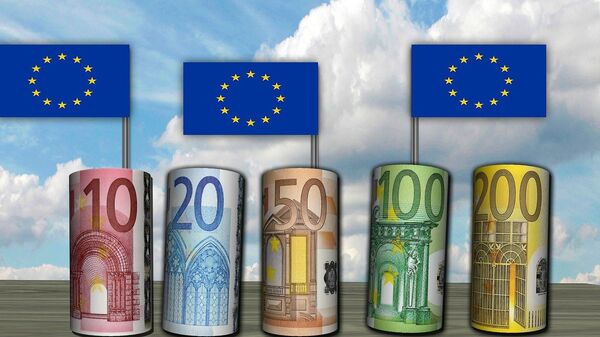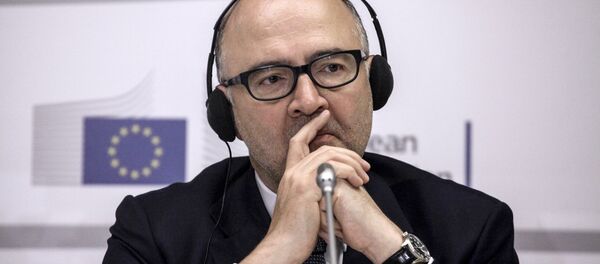The EU always hits back saying the budget is generally signed off, but admitting an "error" margin of a few percentage points. In its latest announcement, the EU boldly asserts:
"The European Court of Auditors gave the EU annual accounts a clean bill of health for the 9th year in a row. The Court found that, in particular in cohesion policy and agriculture, the overall estimated level of error for payments has further declined from 4.4 percent in 2014 to 3.8 percent in 2015."
The Court of Auditors has confirmed that the EU spending is "in line with the rules only when the error rate is less than 2 percent. The Commission is working to move closer to this 2 percent threshold".
#EU accounts are reliable, but does #EUbudget deliver #value4money? Check our #EUaudit2015 https://t.co/DYKjCh2Fxc pic.twitter.com/UDnQmPeyof
— EU Court of Auditors (@EUAuditorsECA) October 13, 2016
Constituent Confidence
Ryszard Czarnecki MEP, who is a Vice-President of the Parliament, said: "The estimated level of error for 2015 payments is 3.8 percent which is obviously an improvement but is still above the materiality threshold (2 percent).
"Now is the time to redouble our efforts to bring an end to this situation that has fueled skepticism in the EU for over two decades. This annual situation is improving, but it is still unacceptable. We will continue to keep up pressure to finally give our constituents confidence that their money being spent within the EU Member States is being spent without significant errors."
“EU needs to regain the trust of its citizens” Pres. K.H. Lehne tells MEPs, #EUaudit2015 of #EUbudget │livestream https://t.co/fSOhQo6v8N pic.twitter.com/rvxVnda1Pg
— EU Court of Auditors (@EUAuditorsECA) October 13, 2016
"In the past years the Commission managed to keep the error rate under 5 percent. In other words, out of every 100 euro spent by the EU, at least 95 euro was free from error. While this is not enough to get the Court of Auditors' positive opinion, it does indicate the very high standard of management and control applied to taxpayers' money at EU level," the Court said.



